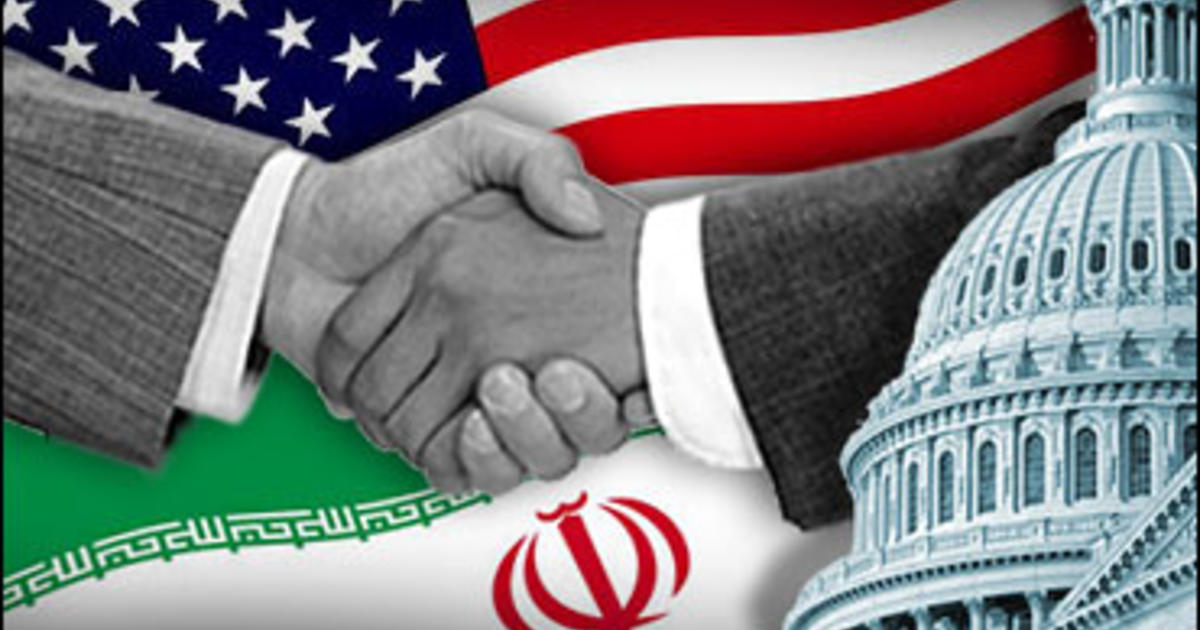
Following the counteroffensive of the Ukrainian army and liberation of some territories in Kharkiv region in early September, the Ukraine-Russia war seems to have entered into a new phase. Accordingly, since September, we have been witnessing quite striking developments in the Ukraine theatre. The sabotage of the Nord Stream pipelines in the Baltic Sea, the attack to the Kerch Bridge between Russia and Crimea, the reported advances of the Ukrainian army in southern Ukraine, the appointment of General Sergey Surovikin as the top Russian commander in Ukraine, and the declaration of martial law and order of evacuation of the civilians in the Russian held Ukrainian territories are some of the dramatic happenings lately. Another noteworthy development is Russia’s use of Iranian ‘kamikaze’ drones to attack the Ukrainian civilian infrastructure. It is reported that 30% of the electricity infrastructure has been destroyed by the Iranian drones. It is also alleged that Iranian military personnel are stationed in Crimea to help launch drone attacks on Ukraine. If these reports are accurate, we are witnessing the de facto participation of Iran in Russia-Ukraine war that makes the mullah regime in Iran an accomplice of the Russian aggression in Ukraine.
Iranian participation in the Russia-Ukraine war testifies that Iran and the US are once again at loggerheads, this time in the north of the Black Sea. Yet, looking at the wider picture in the Wider Black Sea region, things get rather complicated. Interestingly enough, in the east of the Black Sea, i.e., in the South Caucasus, the US and Iran are practically quite in tandem as both aim to prolong instability in this region.
The South Caucasus has been a hot spot since the collapse of the Soviet Union in the last days the year 1991. For decades, the Russia-backed separatism in Abkhazia and South Ossetia in Georgia and the Armenian occupation of the Azerbaijani territories in and around the former Nagorno Karabakh region have been the major impediments against stability, peace and prosperity in the South Caucasus. At the present, there is no evident hope for the resolution of the Abkhazia and South Ossetia conflicts within the confines of international law. One relatively positive point about Abkhazia and South Ossetia conflicts is that they have been frozen for a very long time and there is not a visible prospect for a renewed escalation in the short or mid terms. On the other hand, the 2020 Karabakh War between Armenia and Azerbaijan has been a major turning point for the resolution of the Karabakh conflict and the end of hostility between the two states. The Azerbaijani victory in this war resulted in the return of one third of the former Nagorno Karabakh region and the entire surrounding territories to Baku’s control. Once the rest of the former Nagorno Karabakh region is cleared from the Russian peacekeepers and Baku’s full sovereignty on its internationally recognized territory is established, the 30 plus year-long Karabakh conflict will be no more as the resolution of this conflict according to the fundamental principles of international law will be accomplished. With the delimitation and demarcation of the Azerbaijan-Armenia border and opening of the transportation lines in the region as stipulated by the 10 November 2020 Ceasefire Declaration and confirmed by subsequent statements, the South Caucasus will take a big step towards stability and peace. Certainly, the prospective Türkiye-Armenia normalization, which is closely tied to the normalization of Azerbaijan-Armenia normalization will also be a huge positive development for the accomplishment of the same results.
The crucial thing here is that ultimately everyone in the region, including Armenia, will be winners. This is so because with the Karabakh conflict becoming a history and the establishment of stability in the South Caucasus, the region will be get the chance to become the major land route between Asia and Europe. This is so because given the sanctions imposed on Russia and this country’s increasing disassociation with the West, the Middle Corridor passing through the South Caucasus now has the chance to become the major East-West trade route replacing the Northern Corridor passing through Russia. Such a development will definitely benefit regional countries economically and boost their positions in the global geopolitical architecture.
Yet, Iran, despite its lip services, seems to have no interest in these bright prospects. The mullahs in Tehran sees regional instability more serviceable to their interests for several reasons. Tehran views a strong Azerbaijan as a threat for its territorial integrity for historical reasons. It also fears Turkish-Azerbaijani strategic partnership. Likewise, robust Azerbaijan-Israel relationship is a cause of anxiety in Tehran. Another worry of Tehran is Türkiye’s deepening relations with Turkic Central Asian countries. It could be inferred that the recent tandem between the EU and Azerbaijan is also not welcomed by Tehran. As a result, Iran is doing everything it can to prolong uncertainty and instability in the South Caucasus. Iranian military drills near the Azerbaijan-Iran border should be noted in this regard. In October 2021, Iran launched large military drills in this region. Such a drill was unprecedented for the last thirty years. A year later, recently on 17 October 2022, Iran began similar massive drills. In addition to the military exercises, the opening of an Iranian consulate on 21 October in the southern Armenian city of Kapan in Zangezur region where the Zangezur Corridor connecting the mainland Azerbaijan with Nakhichevan is supposed to pass through should not go unnoticed. On the same day, the prospect of opening an Armenian consulate in Azerbaijani populated city of Tabriz in Iran was also declared. Obviously, an Iranian consulate in Kapan and an Armenian one in Tabriz does not make any sense other than being aggressive gestures towards Azerbaijan. Overall, what we see is Iran worrying about stability in the South Caucasus, which it thinks would benefit Azerbaijan and Türkiye to the detriment of its own interest. Accordingly, Tehran engages in gestures to encourage Armenia to continue hindering normalization in the region by playing footsies.
It is quite striking, even ironic, to see that the US is also playing a similar game in the South Caucasus. The US, which had been a relative non-factor in the South Caucasus for some time, tries to make a comeback in the region in recent months. The Speaker of the House of Representatives Nancy Pelosi’s visit to Armenia on 17-19 September, followed by the Chairman of the US House Democratic Partnership Committee David Price’s visit on 17-18 October and Director of the State Department’s Office of Caucasus Affairs and Regional Conflicts Mark Cameron’s on 24 October to the same destination are the clear manifestations of this new policy.
The reason of the US comeback to South Caucasus is closely related to the war in Ukraine. In a nutshell, Washington wants to distract Moscow by making a return to the South Caucasus, which has a high strategic value for Russia. Yet, what is more important is that the US seeks to distract Russia by hindering the normalization between Azerbaijan and Armenia, hence creating a potential for instability in the South Caucasus. The US does that by messaging Yerevan about Washington’s seemingly unconditional support. The US knows all too well such messages serve to encourage Armenia to drag its feet concerning actions it is obliged to take for normalization with Azerbaijan.
Overall, in the Wider Black Sea region, we witness a quite curious picture; two archenemies that position themselves on the opposite sides in the war north of the Black Sea are practical allies in the east of the same sea. This is probably an irony inherent to realpolitik. Yet, realpolitik is not just ironic; it may get tragic at times, too. Therefore, not just the US and Iran, but also Armenia, who may be quite content by current situation, should be very aware of the consequences of a possible escalation in the region.
* Photo: CBS news
© 2009-2025 Center for Eurasian Studies (AVİM) All Rights Reserved

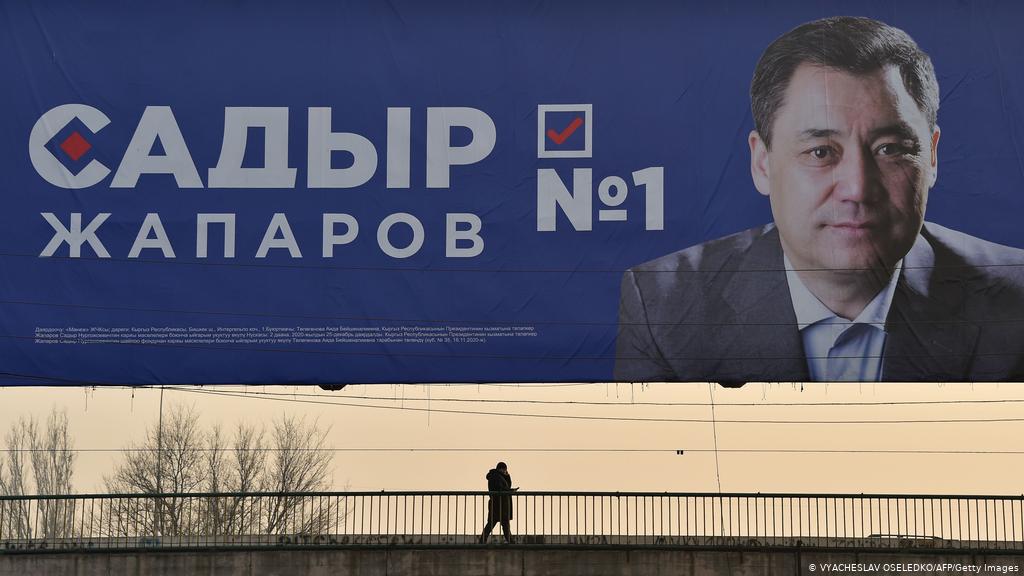 KYRGYZSTAN AFTER 10 JANUARY 2021 PRESIDENTIAL ELECTIONS AND CONSTITUTIONAL REFERENDUM
KYRGYZSTAN AFTER 10 JANUARY 2021 PRESIDENTIAL ELECTIONS AND CONSTITUTIONAL REFERENDUM
 ABUSING THE MEMORY OF ARSHALUYS (AURORA) MARDIGANIAN
ABUSING THE MEMORY OF ARSHALUYS (AURORA) MARDIGANIAN
 PROTESTS AGAINST THE “SOCIAL PARASITE TAX” IN BELARUS
PROTESTS AGAINST THE “SOCIAL PARASITE TAX” IN BELARUS
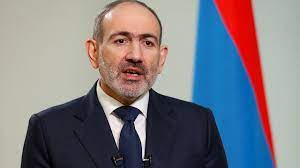 DEVELOPMENTS IN POST-2020 KARABAKH WAR ARMENIA AND THEIR IMPLICATIONS - IV: IS PASHINYAN COMING TO THE END OF HIS POLITICAL LIFE?
DEVELOPMENTS IN POST-2020 KARABAKH WAR ARMENIA AND THEIR IMPLICATIONS - IV: IS PASHINYAN COMING TO THE END OF HIS POLITICAL LIFE?
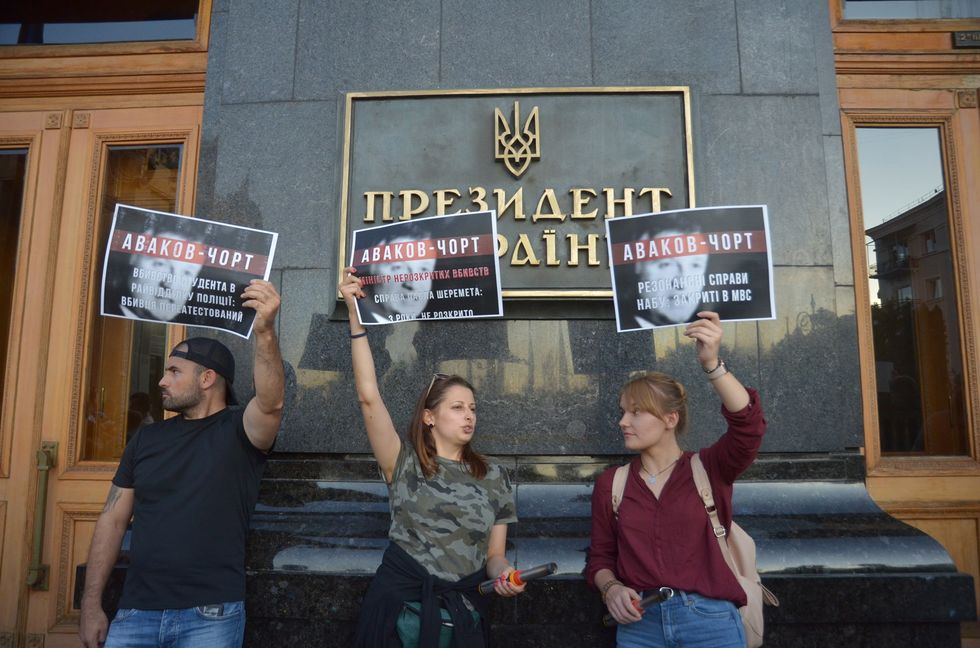 THE ‘ARMENIAN QUESTION’ IN UKRAINE - II: THE ADVOCATES OF THE ‘ARMENIAN CAUSE’ IN UKRAINE
THE ‘ARMENIAN QUESTION’ IN UKRAINE - II: THE ADVOCATES OF THE ‘ARMENIAN CAUSE’ IN UKRAINE
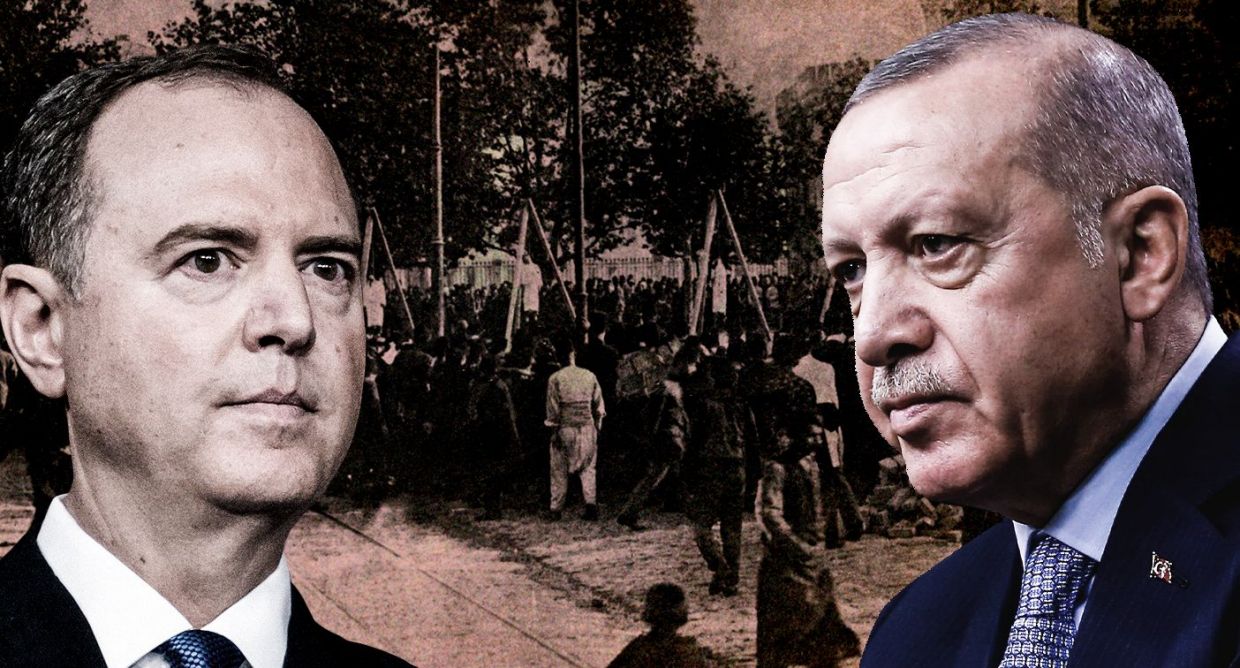 ARE ARMENIAN CLAIMS SUBJECT TO ABUSE?
ARE ARMENIAN CLAIMS SUBJECT TO ABUSE?
THE FAIRYTALES OF THE DASHNAK PARTY
 ELECTION YEAR TENSION: LOBBIES AND BROKEN PROMISES IN THE USA
ELECTION YEAR TENSION: LOBBIES AND BROKEN PROMISES IN THE USA
 AGOS' CHANGING EDITORIAL POLICY
AGOS' CHANGING EDITORIAL POLICY
TAL BUENOS AND TÜLİN DALOĞLU’S INTERVIEWS ON THE 1915 EVENTS




























